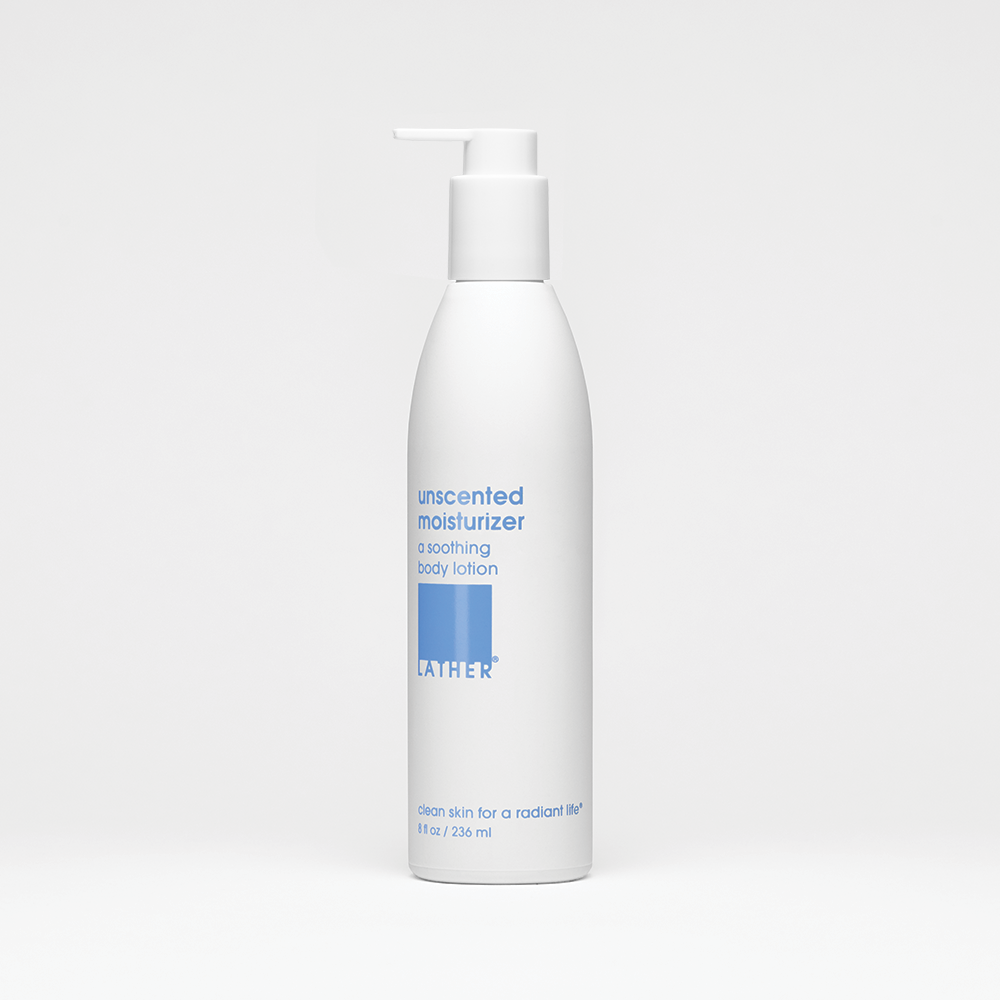Tech Versum: Explore the Future of Technology
Dive into the latest trends and innovations in technology with Tech Versum.
Moisturizer Mysteries Unveiled
Unlock the secrets of moisturizers! Discover what truly hydrates your skin and unveil the mysteries behind your beauty routine.
The Science of Moisturizers: What Ingredients Really Work?
Moisturizers play a crucial role in maintaining skin hydration and barrier function. However, not all ingredients are created equal. The science of moisturizers reveals that certain compounds have proven efficacy in delivering moisture and enhancing skin health. For instance, hyaluronic acid is a humectant that can attract and retain up to 1,000 times its weight in water, making it a popular choice for its plumping effects. Similarly, glycerin, another well-known humectant, helps to draw moisture from the air into the skin, promoting a smoother, softer complexion.
In addition to humectants, the role of occlusives and emollients cannot be overlooked. Occlusives such as petrolatum and dimethicone form a barrier on the skin's surface, effectively sealing in moisture and preventing transepidermal water loss. Emollients, like shea butter and jojoba oil, work by filling the gaps between skin cells, resulting in a smoother texture and improved elasticity. When choosing a moisturizer, look for these key ingredients to ensure you are giving your skin the best possible hydration and care.

Unlocking the Secrets: How to Choose the Right Moisturizer for Your Skin Type
Choosing the right moisturizer for your skin type is crucial for maintaining healthy and radiant skin. Understanding your skin type is the first step in this process. There are generally four main categories: oily, dry, combination, and sensitive. For oily skin, look for lightweight, non-comedogenic formulas that hydrate without clogging pores. If you have dry skin, opt for a thicker, richer cream that provides intense moisture and helps to create a barrier against environmental stressors. Combination skin may benefit from a gel-cream hybrid that balances hydration while addressing oiliness in the T-zone.
For those with sensitive skin, it’s essential to choose moisturizers that are free of fragrances and harsh chemicals to minimize irritation. Always remember to patch-test new products before full application. Additionally, look for ingredients like hyaluronic acid, ceramides, and glycerin that enhance hydration and skin barrier function. By understanding your skin type and the ingredients that work best for it, you can unlock the secrets to achieving and maintaining healthy skin.
Do You Really Need a moisturizer? Debunking Common Myths
When it comes to skincare, one of the most debated topics is whether or not you really need a moisturizer. Many people believe that using a moisturizer is unnecessary, especially if they have oily skin. However, moisturizers play a crucial role in maintaining the skin's barrier function, regardless of skin type. It's a common myth that oily skin doesn't need hydration; in fact, skipping moisturizer can lead to increased oil production and exacerbate acne. Understanding your skin's unique needs is essential in debunking this misconception.
Another prevalent myth is that you should only use a moisturizer during the colder months. This misconception can result in dry, dehydrated skin year-round. The truth is, your skin loses moisture for various reasons, including environmental factors, sun exposure, and even indoor heating. Therefore, incorporating a quality moisturizer into your daily skincare routine, regardless of the season, is vital for maintaining healthy skin. Remember that hydration is not just a seasonal concern; it's a year-round necessity.